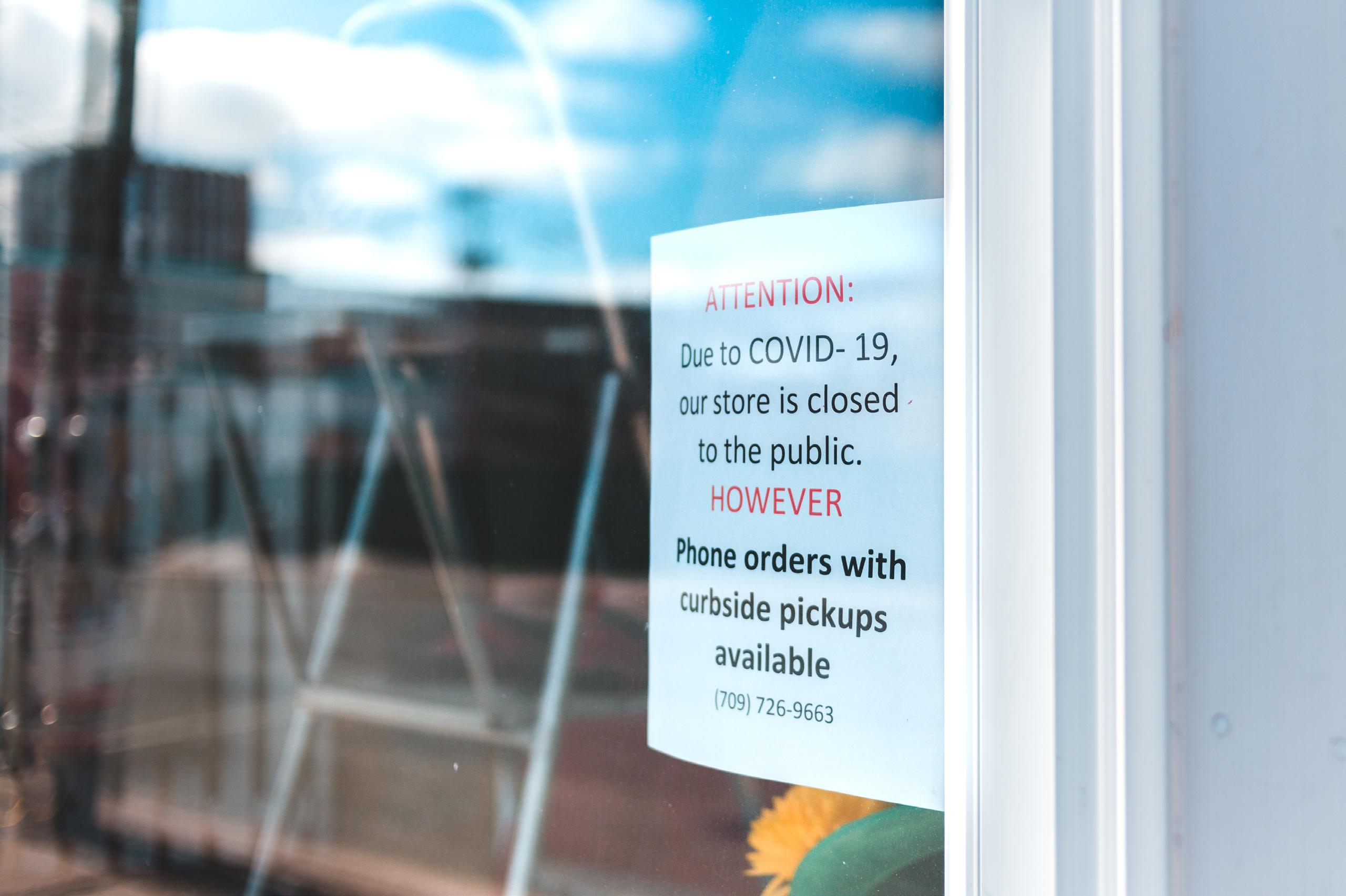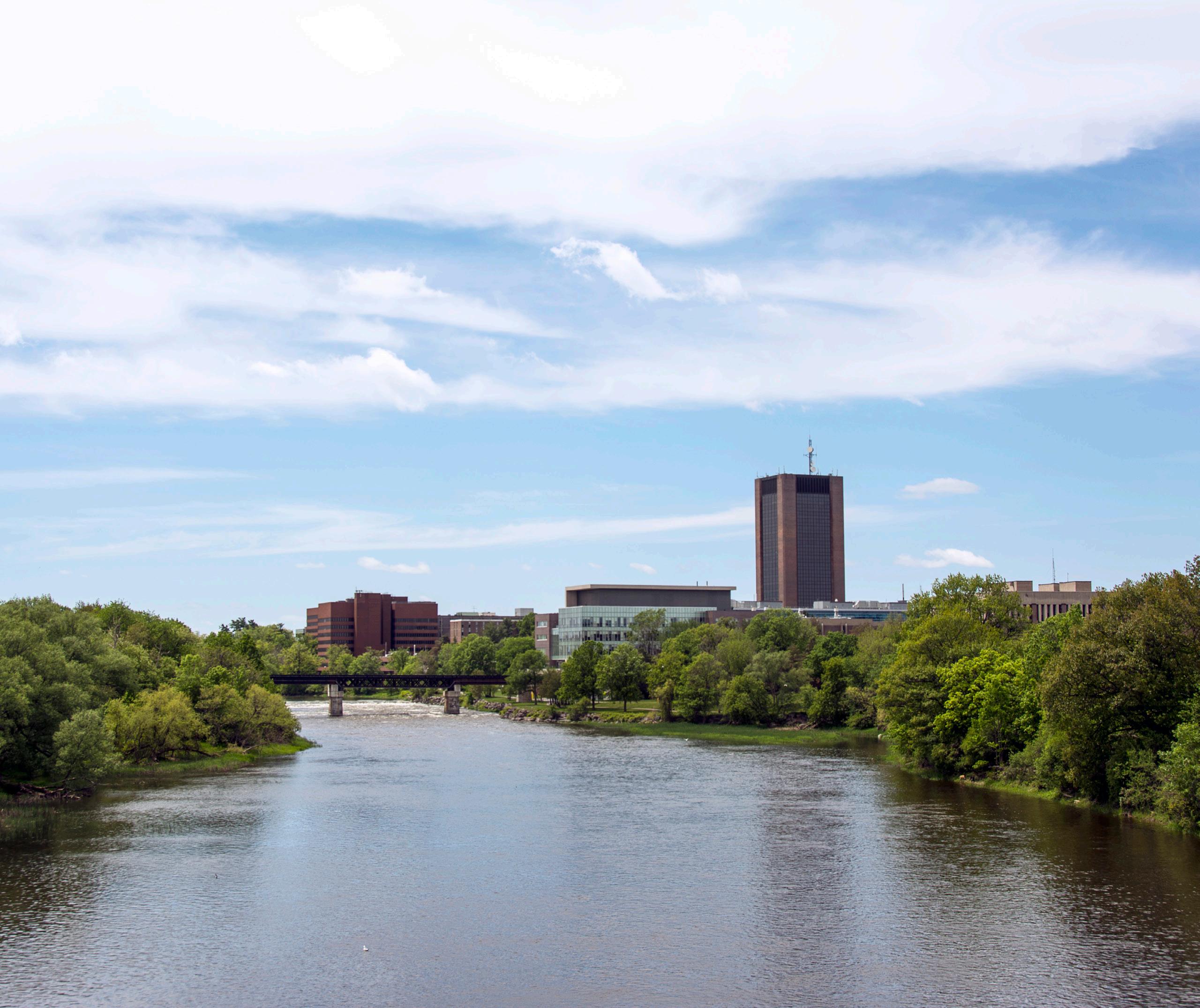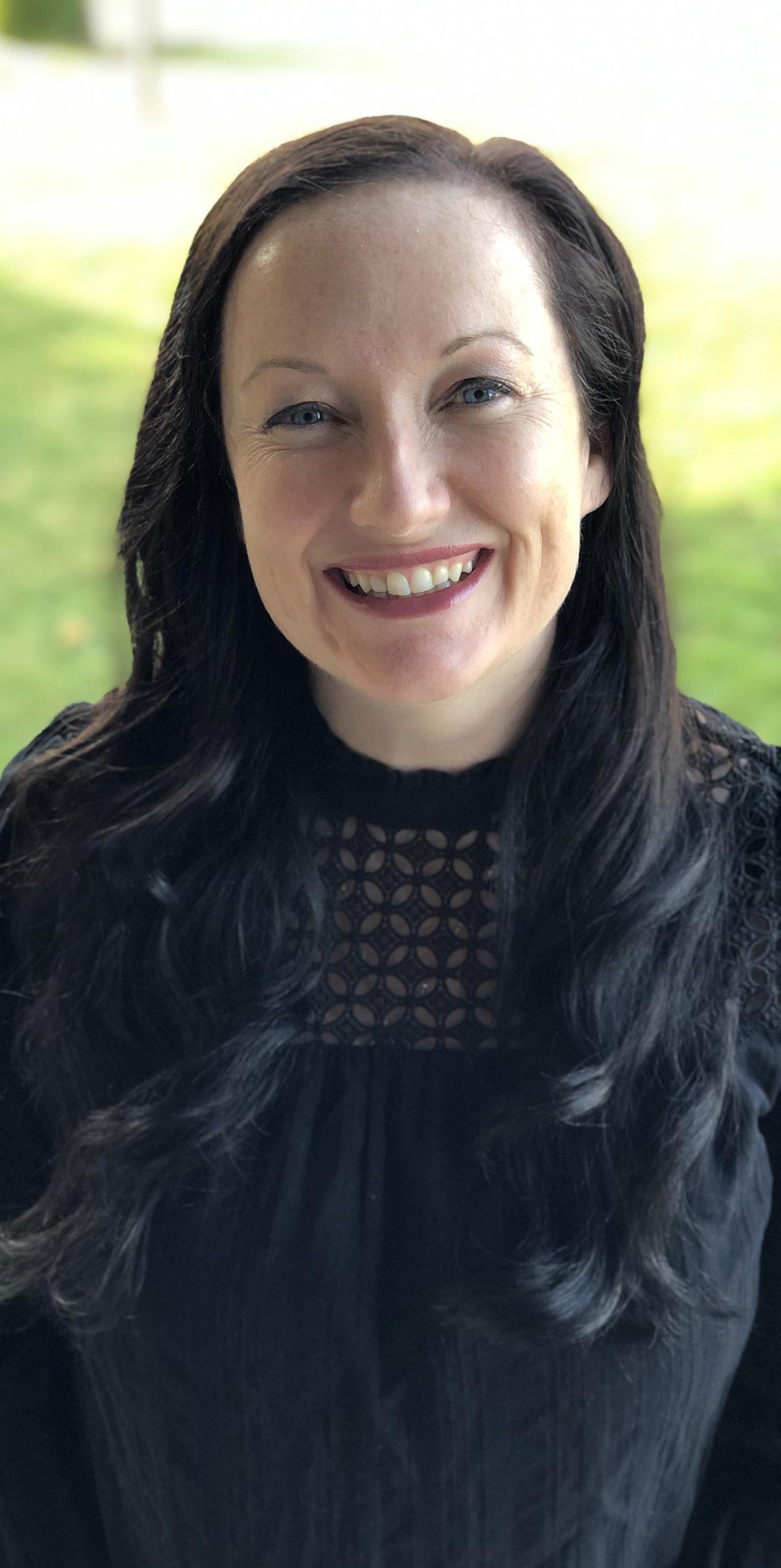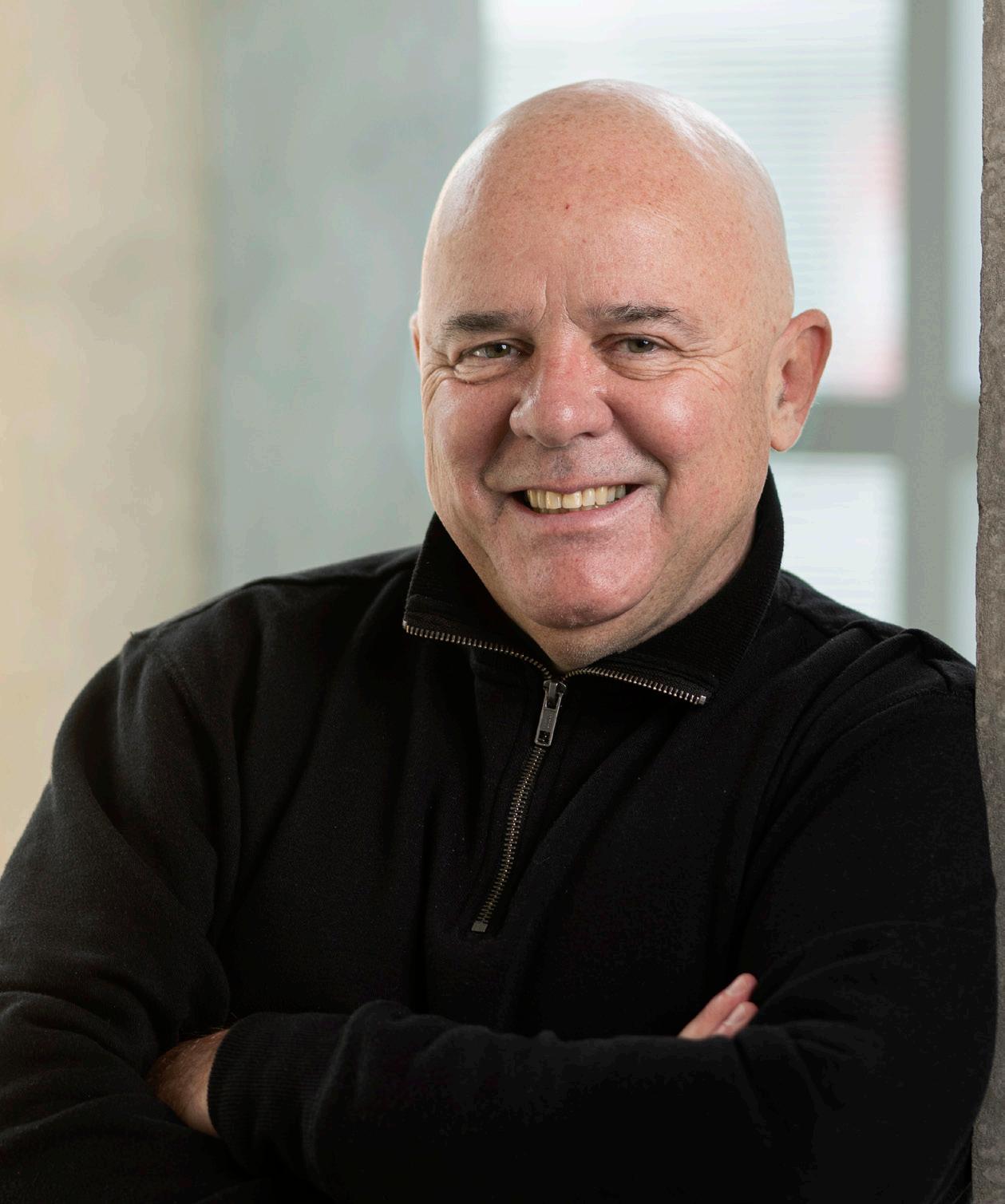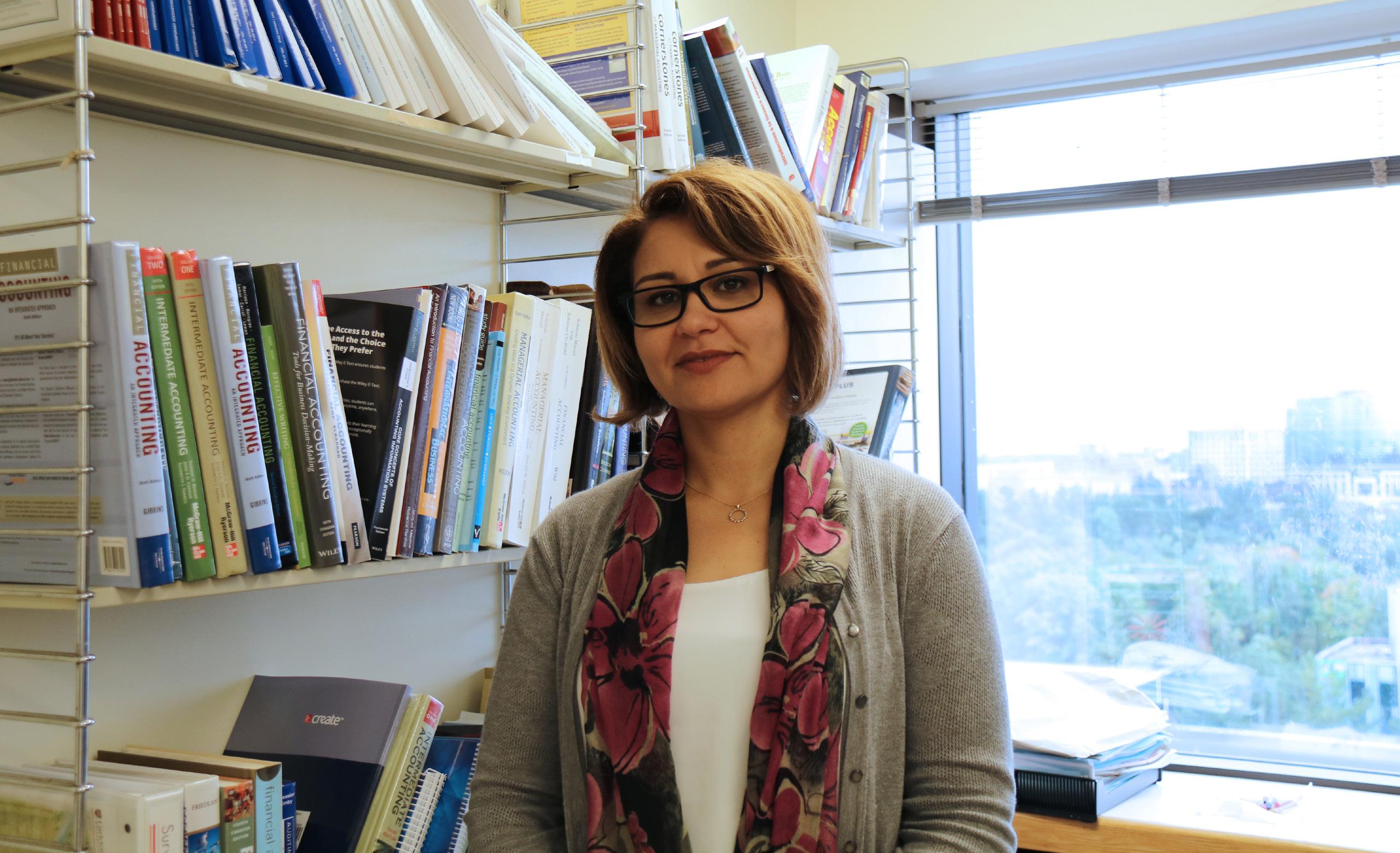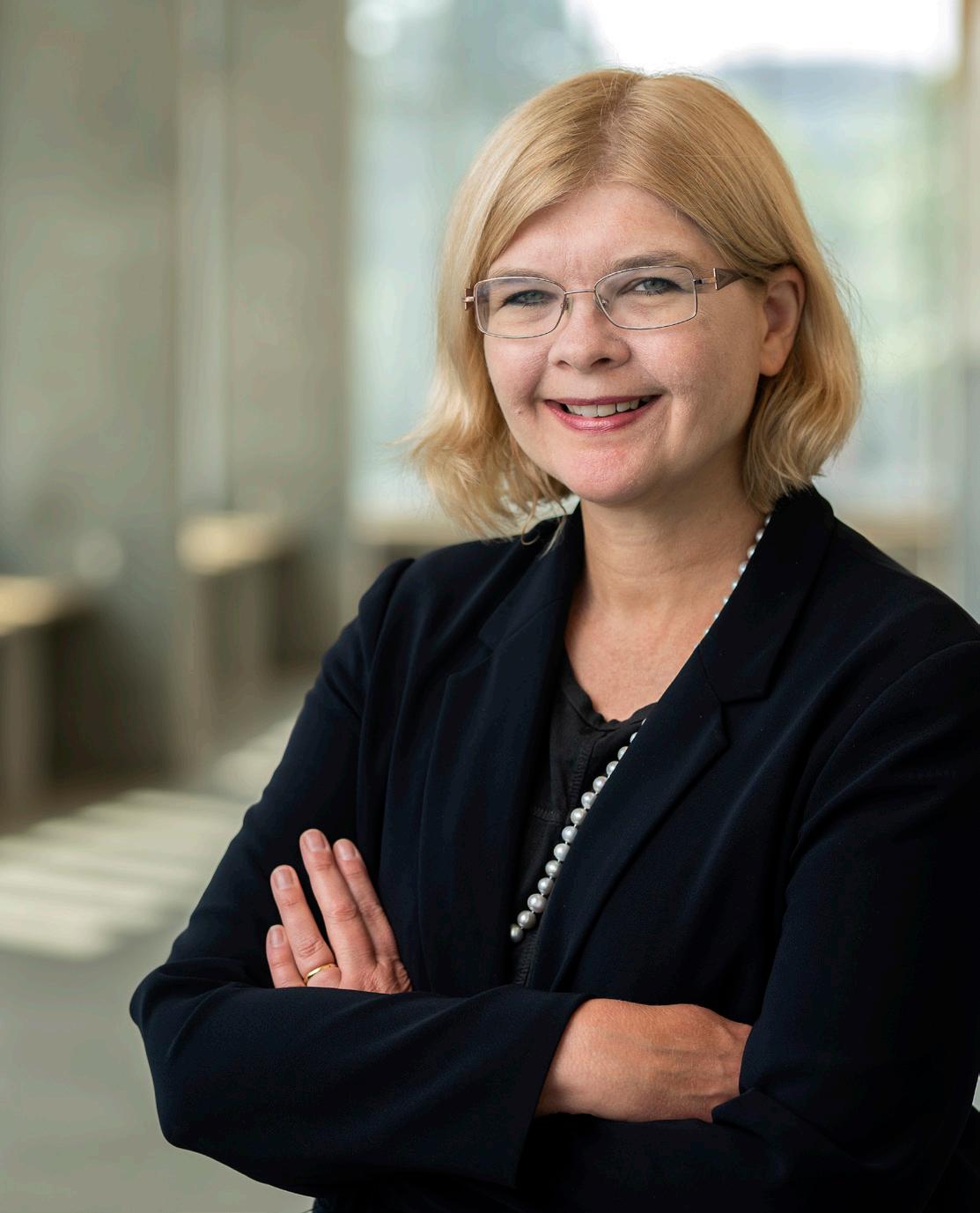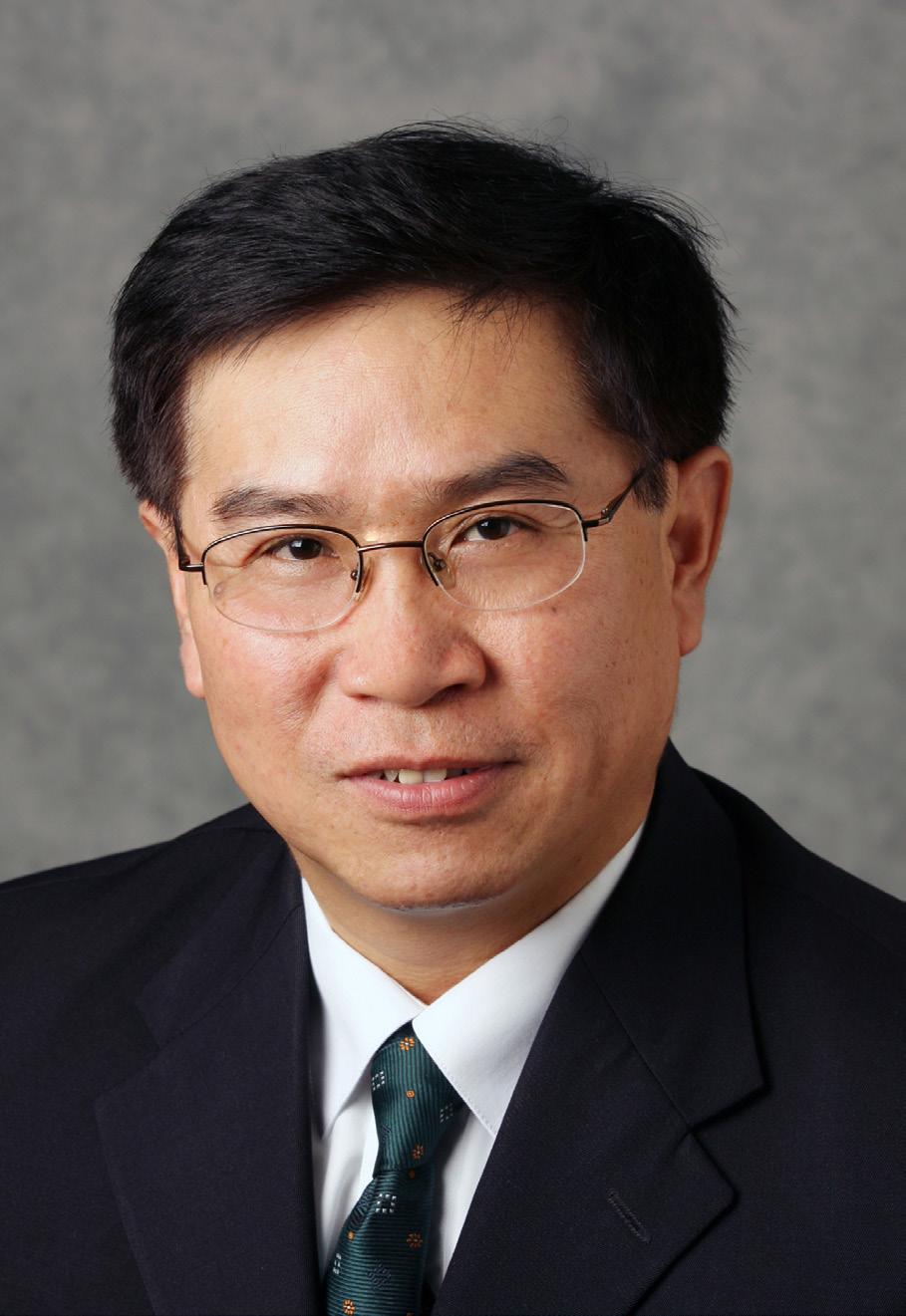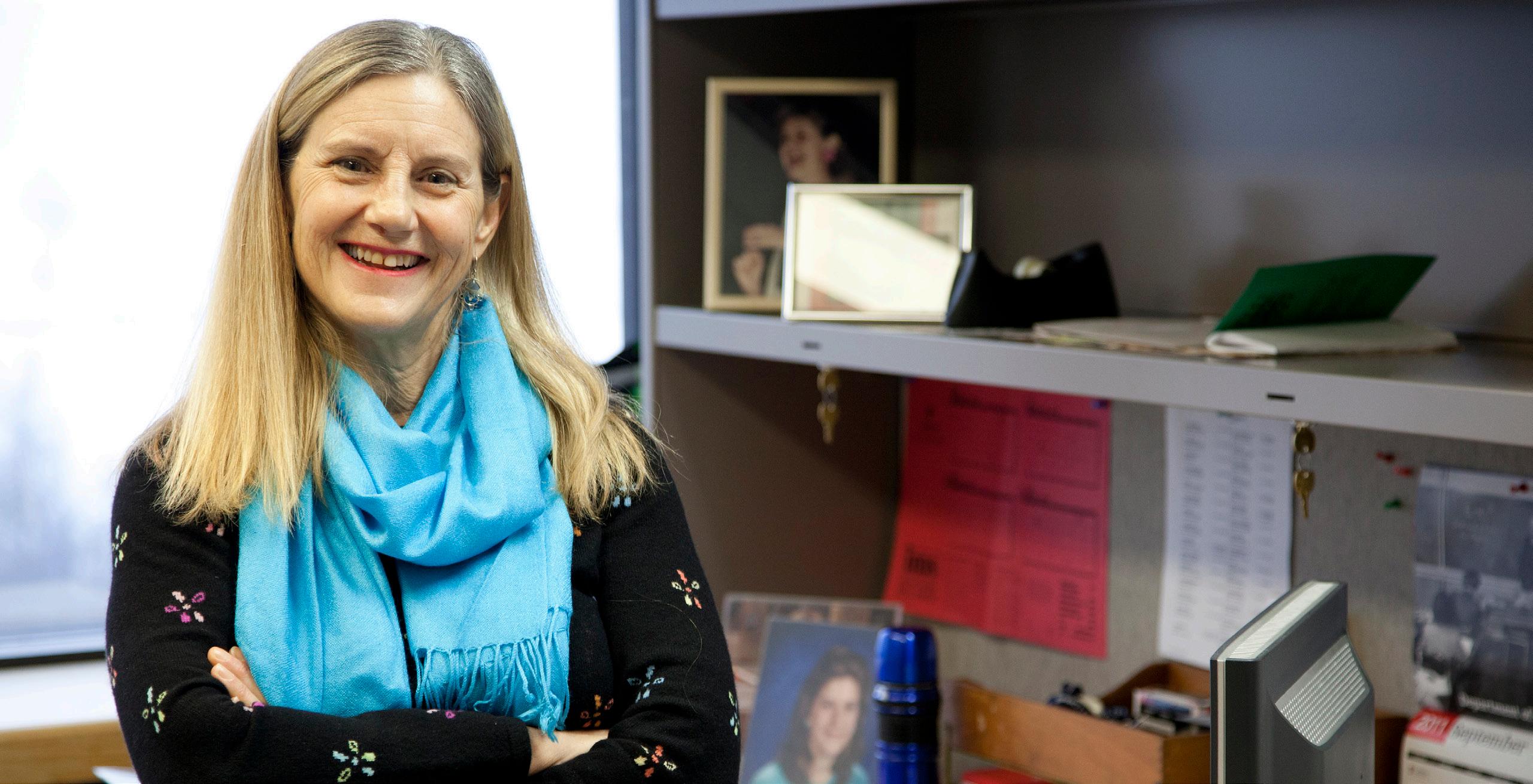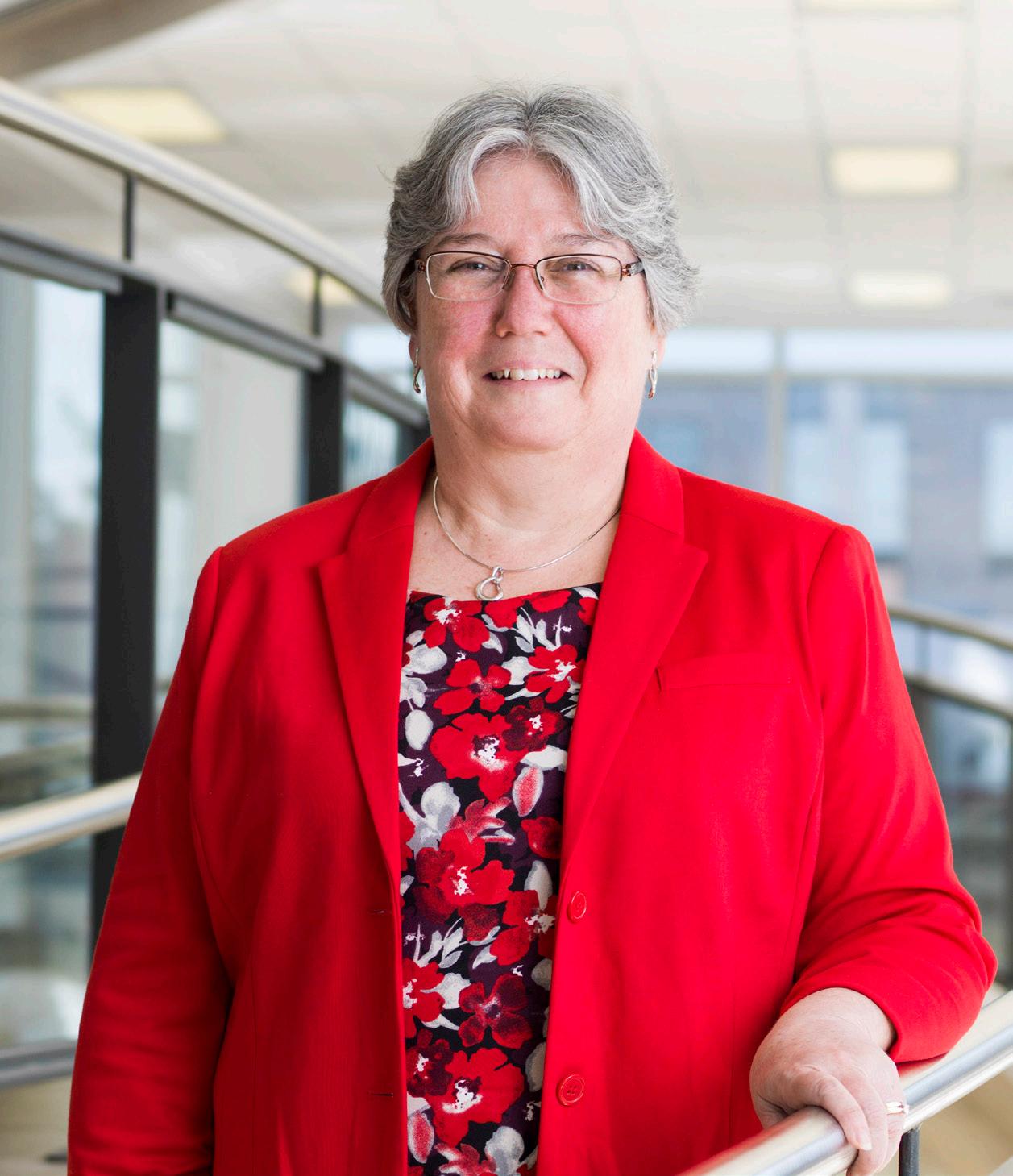to the distinguished faculty who are leaders in their research areas who are often conducting groundbreaking research. Moreover, there is absolutely a strong collaborative and synergistic milieu. Fostering a multidisciplinary approach to learning and developing quality research is essential to prepare students with the tools to move forward postgraduation; elements that were deemed essential from the inception of the program. Students work with faculty across many disciplines combined with a strong emphasis on deploying industry expertise and in working closely with businesses to truly understand their needs to develop strategies for better business practices. Robert Mittelman, (PhD/15), now acting Dean of the Faculty of Management at Royal Roads University in Victoria, B.C., reflects: “The Sprott PhD program was an incredible challenge as we dove into theory and literature like never before. And, the most valuable take-away [for me] was the interdisciplinary research and collaborations. If we are going to tackle [grand issues], we have to look beyond our traditional disciplinary borders.” This sentiment is echoed by Papadopoulos: “One of the greatest sources of joy I have had is working with our doctoral students and colleagues. The [PhD] program has created synergy, it has helped bind us together, to enhance Sprott’s collegiate spirit, and to increase tremendously our research and teaching capabilities.” What’s more, the PhD program is highly competitive worldwide. Admissions are tough and program design and requirements are intensive, with nine mandatory courses, a comprehensive exam, thesis proposals and dissertations, a teaching certificate, and participation in research seminars. There has been, and continues to be, a strong impetus for creating a quality program that produces exceptionally qualified graduates. Over the past year, with the COVID-19 pandemic and other world events, many new challenges and substantive impacts to the state of the economy, businesses, and society have emerged. The Sprott team, consequently, understands that it is essential to keep the program proactive in the needs of teaching pedagogy and deliver the PhD program in novel ways. The mobilization of students to remote learning and integrating technology into the teaching regime has been both challenging and full of opportunity. The school knows that they must be leaders in change—with a focus on adaptability and maximizing the benefits of how technology can expand the connections and networks within their research sphere. This means adapting teaching during a time Carleton University Sprott School of Business
that traditional face-to-face interactions and sharing of ideas is not possible. The Dean of Sprott, Dana Brown’s advice for doctoral students is that “it’s not just about the quality of your research, or your ability to teach, or your CV as it’s written, it’s who you are as a person. It’s about building relationships and joining a community.” Sean Lyons (PhD/04), now Associate Dean, Research and Graduate Studies, of the Gordon S. Lang School of Business and Economics at the University of Guelph, agrees, “There has been a rapid change and the School needs to reimagine how we teach, train, and engage with students, the research we do, and how it impacts the world.” Looking into the future, the Sprott team concur that relevancy is key. The faculty continue to evolve and adapt their research to not only stay substantive, but more so, be preemptive to the needs of business and society—thinking holistically about the purpose of business, the responsibility that Sprott has to globalization and creating an inclusive growth pattern, knowing they have a responsibility to shape what the future of business looks like. Shantanu Dutta, (PhD/06), now Interim Vice Dean, Research, of theTelfer School of Management at the University of Ottawa, emphasizes “that there are challenges, but also opportunities to leverage technologies for collaborative work with academics and business leaders from around the world.” The Sprott School has consistently demonstrated exceptional standards of research, teaching, higher learning, and industry relationships. But what’s more, the Sprott team has a truly unique quality and is what makes the PhD program particularly special. The faculty and students alike see their experience in the program as one akin to having a family. There is an extremely strong sense of pride from faculty and alumni when speaking about the program—a resounding concurrence on how the Sprott program is a community with a strong focus on quality, relevant, and forward-thinking research. As Ji states: “As a family, I believe it’s important to remember our past—our roots—in order to move ahead and embrace the future.” And that is worth celebrating!
RESEARCH REVIEW 2020 | 34




